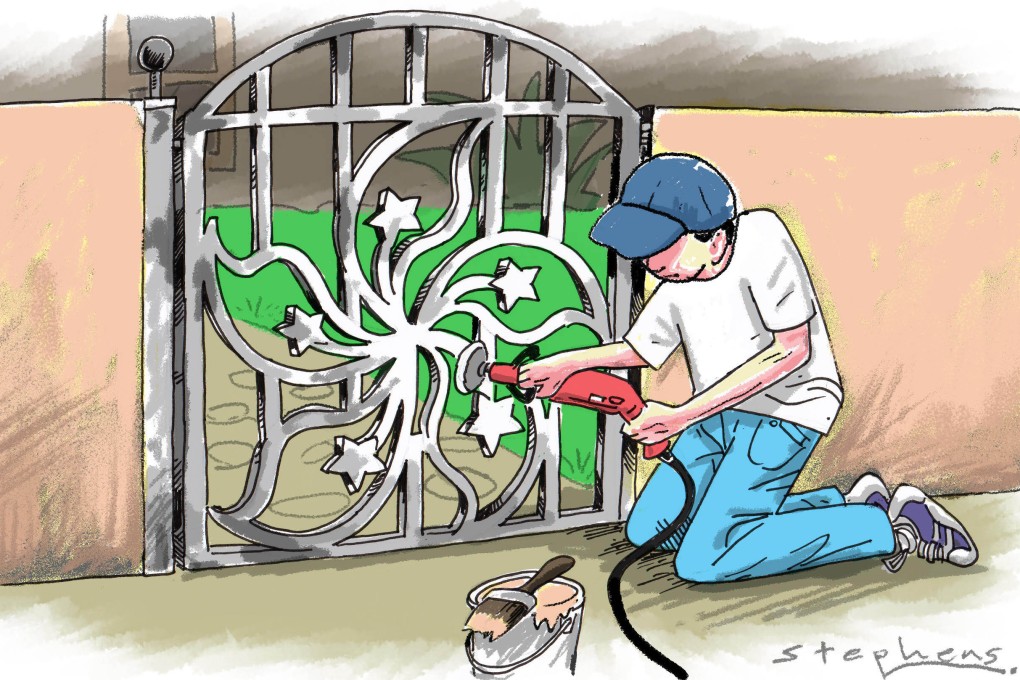Opinion | Why this 25-year-old is not leaving Hong Kong
- As a Hongkonger and a Chinese national brought up through a British education system, I acknowledge both China’s imperfections and the darker underbelly of the colonial legacy
- Hong Kong has many problems to tackle still. But to those who assert that Hong Kong is dead, that it’s high time to leave, I say: this is my home and I’m not going anywhere

I was born roughly 100 days after the handover.
In reflecting upon what the 25th handover anniversary means to me, I would like to share a few thoughts on how I see my identity as intertwined with the post-handover ebbs and flows of the city.
I’m a Hongkonger. I take pride in being part of a city that refuses to sleep – where you can commute between lush, green forests and swanky skyscrapers in minutes; where you can see the ideals and values of East and West converging, pushing back against ideologues who seem to see the Chinese identity as antithetically opposed to internationalism.
We cherish the common law jurisdiction that has long served as a pillar to our financial vibrancy and prosperity, which in turn undergirds a rule of law that renders us highly compatible and integrated with the world. It also helps that our location and infrastructural sophistication makes us a nexus for aviation, logistics, trade and tourism.
.png?itok=bcjjKRme&v=1692256346)